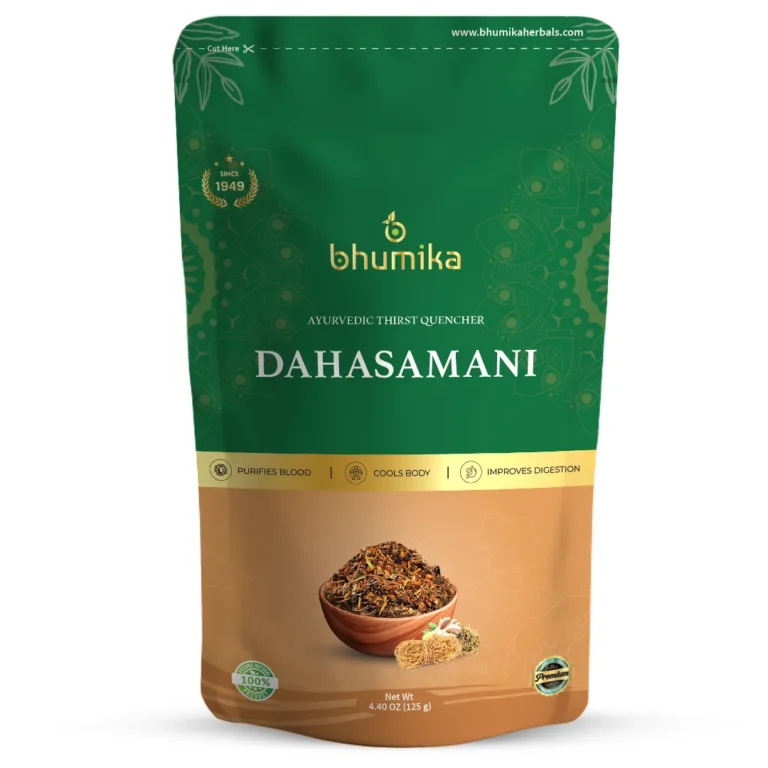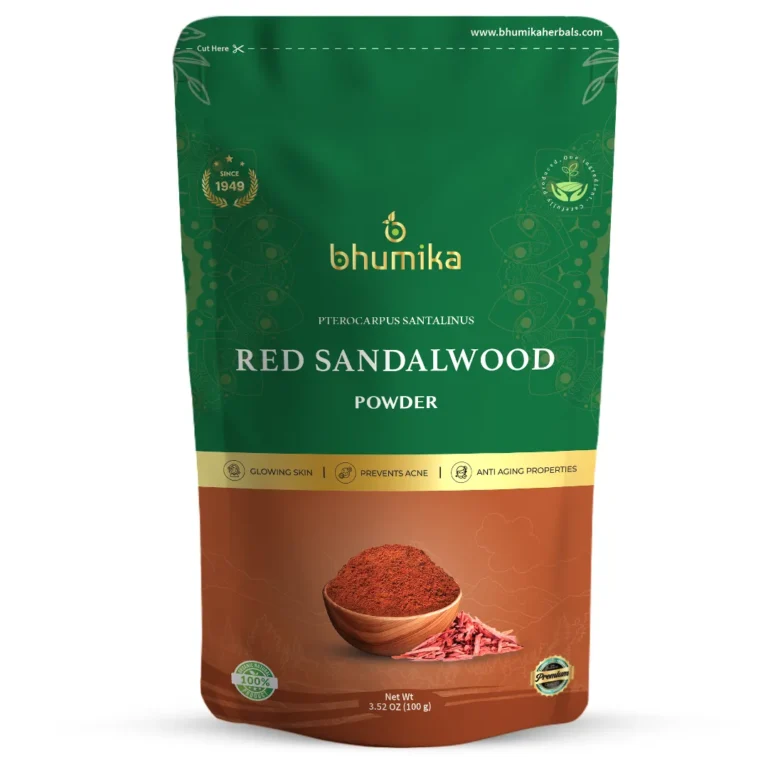Skincare Tips for Dry Skin – Prevent & Soothe Dryness Naturally
Share this!

Dry skin is a common skin problem faced by some people all over the world. Treating dry skin is possible if we make a few lifestyle changes and follow some skincare hacks.
From using gentle cleansers to eating a healthy diet, we have covered some significant skincare tips for dry skin. Continue reading this article, which mentions the causes of dry skin and provides skincare tips for dry skin.
What is Dry Skin
When your skin lacks sufficient oil and water, making it unable to retain moisture, it becomes dehydrated and flaky, which is called dry skin or xeroderma.
Causes of Dry Skin

From environmental factors to a nutrient-deficient diet, there are many causes of dry skin. Here are some of the important causes:
Aging
As you grow old, your skin loses its moisture due to several age-related changes. These include reduced sebaceous gland activity, fewer natural skin hydrators, a weakened ability of lipids to generate moisture, decreased blood circulation, and lower sebum production. All these factors may contribute to dry skin over time.
Underlying Health Conditions
Individuals with existing skin conditions like psoriasis or atopic dermatitis are more prone to experiencing dry skin. These conditions can alter the skin’s structure and pave the way for moisture to escape, and you are at an increased risk of dryness.
Climate and Weather Conditions
Environmental factors are one of the significant causes of dry skin. Individuals, especially those living in dry or desert climates, are more likely to suffer from dry skin. The cold weather and low humidity levels during winter may also result in dehydrated skin.
The dryness of the skin may be further aggravated due to the increased use of heaters, fireplaces, and stoves during colder months, which can further strip the moisture of the skin.
Diet and Nutrition
A diet lacking essential fatty acids can reduce your skin’s ability to retain moisture. Moreover, excessive alcohol consumption or even certain medications can contribute to dry skin.
Lifestyle Factors
Some of your daily life habits can lead to dry skin. For example:
- Swimming: Swimmers may experience dryness due to prolonged exposure to chlorinated water.
- Harsh Soaps/Detergents: Harsh soaps, shampoos, and detergents can strip your skin’s natural oils.
- Hot Showers: Taking long and hot showers can also remove moisture, which causes dryness.
Occupational Hazards
Certain jobs involve frequent exposure to water, which can lead to skin dryness.
Lack of Fruits in the Diet
If you follow a poor diet, it can directly affect the skin’s hydration. A diet that lacks enough fruits and vegetables will cause your body to deprive you of vital nutrients like Vitamin C, which is essential for collagen production. Including fruits such as kiwis, papayas, strawberries, and mangoes can help maintain a plump, hydrated, and healthy skin.
Skipping Sunscreen
Tips for dry skin in summer begin with one essential step, which is sunscreen. Sunscreen is a skincare essential not only for summer but for all year round. A sunscreen not only protects your skin from skin cancer but also prevents dehydration caused by UV rays. Sun exposure can further dry out already moisture-deprived skin.
Opt for cream-based sunscreen with hydrating ingredients like glycerin, shea butter, and hyaluronic acid that can help replenish lost moisture.
Choosing the Wrong Moisturizer
Even though applying a thick or greasy moisturizer might seem beneficial, it can actually disrupt the skin’s natural moisture balance. Heavy creams can weaken the skin barrier, making your skin rely on external hydration instead of maintaining moisture levels.
Genetics
In some cases, dry skin can be hereditary. If your family has a history of dry skin, you may naturally produce less sebum and moisture-retaining compounds, making it harder for your skin to stay hydrated.
14 Skincare Tips for Dry Skin

Here are some of the skincare tips for dry skin that can be followed to keep your skin healthy and relieve dryness:
1. Avoid Over-Exfoliation
One of the significant skincare tips for dry skin is to avoid over-exfoliation. When you exfoliate excessively, your skin’s protective barrier weakens, leading to more dryness. To maintain healthy skin, exfoliate it once or twice a week with gentle products to help remove dead skin cells without stripping away essential moisture. Avoid using harsh scrubs on your skin.
2. Use Gentle Cleansers
Strong cleansers can strip away your skin’s natural oils that help maintain its protective barrier. To prevent dry skin, choose a mild face cleanser that effectively removes dirt and other impurities without losing your skin’s moisture. Choose cleansers designed specifically for your skin type, as they help retain your skin’s natural oils while providing essential hydration.
3. Apply Moisturiser Immediately After Cleansing
Don’t allow your skin to dry out after washing your face. Apply a moisturiser right after bathing to lock in hydration. Use an alcohol-free toner also to help retain moisture. You may also opt for a moisturizer with SPF to protect your dry skin from sun damage.
4. Nourish Your Skin with a Night Cream
Applying a night cream is also one of the essential skincare tips to prevent dry and flaky skin, as it can help repair and provide hydration to your skin. Skipping your nighttime skincare after a tiring day, especially for dry skin, can be a big mistake.
Look for products that are formulated with niacinamide and glycerin, which can deeply nourish your skin while you sleep and offer a healthy and hydrated complexion by morning.
5. Use Hydrating Sheet Masks
A dry skincare routine will be incomplete without using a hydrating sheet mask at least once a week. These masks are designed to deliver instant hydration and refresh dry skin. For improved results, use a hyaluronic acid-infused sheet mask to deeply rehydrate and revitalise your dull, tired skin, leaving it soft and nourished.
6. Choose a Gentle Makeup Remover
Most makeup removers contain astringents and alcohol, which can strip moisture from your skin when used frequently. To prevent dryness, use an alternative such as an oil-infused micellar cleansing water that not only removes makeup effectively but also provides hydration.
7. Maintain a Nutrient-Rich Diet
Vitamin and mineral deficiencies can contribute to dry skin, so a balanced diet is essential for maintaining hydration and skin health. So, incorporate vitamin-rich foods like sweet potatoes, avocados, cod liver oil, and foods rich in water, like watermelon, to keep your skin moisturized from the inside out.
8. Use a Humidifier
A humidifier is a device that adds moisture to the air, making it especially beneficial in dry climates. When the air lacks humidity, the skin’s moisture evaporates quickly. By increasing humidity, a humidifier can prevent dryness and help your skin to retain its natural moisture.
9. Stay Hydrated From Within
Water plays a crucial role in maintaining healthy skin and prevents many problems, including dry skin. Drinking enough water throughout the day helps keep your skin hydrated, retains moisture, and maintains its natural balance.
10. Avoid Hot Showers and Limit Shower Time
If you are someone who uses hot water for showering and takes a lot of time to shower, then your skin is likely to develop dryness. Instead, use lukewarm water and keep your shower time short. After bathing, do not forget to apply a moisturizer immediately.
11. Protect Your Skin from the Sun
Dry skin needs protection from the sun’s harmful UV rays. Use a broad-spectrum sunscreen with at least SPF 30 to prevent sun damage.
12. Avoid Irritants
Skincare products with strong fragrances, harsh chemicals, and those containing alcohol-based ingredients can worsen dryness and irritation. Search for gentle, hydrating products specifically formulated for dry or sensitive skin.
13. Gently Pat Dry and Avoid Rubbing
After you wash your face or bath, using a soft towel to pat your skin dry instead of rubbing can prevent further irritation and help retain moisture.
14. Consult a Dermatologist
You should consult a dermatologist if your dry skin persists or worsens. A dermatologist can recommend personalized treatments to address your skin concerns.
Natural Remedies for Dry Skin
Given below are a few natural remedies for dry skin:
Coconut Oil
Coconut oil works like a natural moisturizer for dry skin. The high content of omega-3 fatty acids in coconut oil can help lock in moisture. It nourishes and soothes the skin and reduces flakiness and dryness.
- How to Use: Warm a small amount of coconut oil, apply it to your palms, and gently massage it into dry areas. You can leave it overnight on the skin for deep hydration or apply a light layer during the day.
Olive Oil
Olive oil, abundant in healthy fats and antioxidants, is a powerful emollient that can deeply hydrate dry skin. As olive oil is rich in vitamins like A and E, it can nourish and protect your skin from damage.
- How to Use: Take a small amount of olive oil and apply it directly to clean, dry skin and massage in circular motions until it gets absorbed. You can also mix it with sugar to create a homemade moisturizing scrub.
Aloe Vera
Aloe vera is widely known for its soothing and hydrating properties, making it an excellent remedy for dry skin. It contains vitamins, minerals, and enzymes that help repair and nourish the skin. Its cooling effect can relieve dryness, reduce irritation, and leave your skin refreshed.
- How to Use: Apply aloe vera gel, either freshly scooped from the plant or store-bought directly to dry areas. Leave it on your face for 15 to 20 minutes before rinsing with water.
Oatmeal
Oatmeal contains antioxidants and anti-inflammatory compounds that can soothe and moisturize dry, irritated skin. It develops a protective barrier that will help retain moisture. Using an oats face pack can reduce the itching and discomfort associated with dry skin.
- How to Use: Grind oats into a fine powder and mix with warm water to create a paste. Apply this paste to the affected areas, and after 20 minutes, rinse with warm water.
Honey
Honey is an excellent natural humectant, meaning it can help retain moisture in the skin. Honey possesses antibacterial and antioxidant properties, which can promote skin health and skin renewal.
- How to Use: Mix raw honey with warm water and apply it as a face mask. Allow it to rest on your face for 15 to 20 minutes before rinsing off.
Yoghurt
Yoghurt is packed with proteins, vitamins, and probiotics that can moisturize and soothe dry skin. The natural fats in yoghurt can deeply hydrate your skin, leaving it soft and smooth. Applying yoghurt regularly to your skin boosts hydration, reduces dryness, and restores the skin’s natural glow.
- How to Use: Apply plain yogurt directly to dry areas and leave it on for 15 to 20 minutes before rinsing with lukewarm water.
Almond Oil
Almond oil is a rich source of vitamin E. It contains antioxidants and healthy fats, making it a nourishing solution for dry skin. It locks in moisture, prevents dehydration, and soothes irritation. Regular application can improve skin elasticity, even out skin tone, and keep your skin hydrated.
- How to Use: Massage a few drops of almond oil onto dry areas soon after a shower or before bed.
Milk
The benefits of applying milk on face include hydration and gentle exfoliation, making it ideal for dry skin due to its lactic acid content. It also contains vitamins A and D, contributing to healthy, nourished skin.
- How to Use: Soak a clean cloth in cold milk and gently press it onto dry areas for five to ten minutes before rinsing with water. This step will leave your skin refreshed and moisturized.
Jojoba Oil
Jojoba oil resembles the skin’s natural oils, making it an excellent natural moisturizer. It forms a protective barrier that locks in moisture. The vitamin E and B-complex content soothes and nourishes dry, cracked skin.
- How to Use: After showering, apply a few drops of jojoba oil to the damp skin and gently massage until absorbed.
Shea Butter
Shea butter is a deeply hydrating natural moisturizer rich in vitamins A, E, and F. It replenishes dry skin, improves smoothness and elasticity, and locks in moisture.
- How to Use:Take a small amount of shea butter and gently massage it into dry areas until fully absorbed.
Takeaway
Taking care of dry skin is quite simple and effective if you can follow these skincare tips for dry skin. You can maintain healthy and hydrated skin by using gentle cleansers, eating a healthy diet, and protecting your skin from harsh environmental factors. With the right skincare tips and routine, you can keep dryness at bay and achieve nourishing skin.
Related Topics
| Homemade Face Packs for Oily Skin | Anti Aging Face Packs |
| Skin Care Tips for Summer | Exercise for Glowing Skin |
Frequently Asked Questions on Skin Care Tips for Dry Skin
What causes dry skin?
How Can I Prevent Dry Skin?
- Use a mild, fragrance-free, moisturizing face cleanser.
- Take lukewarm showers instead of hot ones, and limit shower time.
- Manage stress, as it can worsen skin conditions like eczema.
- Limit sun exposure to protect your skin’s moisture barrier.
- Apply moisturizer immediately after bathing while your skin is still damp.
- Gently pat your skin dry with a soft towel instead of rubbing.
- Stay hydrated by drinking enough water daily.
- Use a humidifier to maintain moisture in the air indoors.
Why is my skin so dry even when I moisturize?
How to cure dry skin on your face overnight?
How often should I exfoliate dry skin?
Share this!
Share this!
Shop by Concern
Ayurvedic Products for Dark Circles & Puffy Eyes (4) Best Ayurvedic Products for Acne & Pimples | Natural Clear Skin Care (8) Dandruff & Scalp Itchiness (6) Dead Skin Cells (5) Dehydrated Skin (4) Dry & Damaged Hair (5) Dryness (4) Dry Scalp (6) Dry Skin (3) Dull Skin (7) Excessive Oilness (4) Face Care (8) Fine Lines & Wrinkles (7) Greying (3) Hair Care (8) Hairfall (6) Hair Loss & Growth (6) Hyper Pigmentation (5) Post Partum Hairloss (2) Skin Brightening (8) Skin Care (7) Stretch Marks (3) Tanned Skin (5) Uneven Skin Tone/ Pigmentation (5) Uneven Skintone/ Texture (5)








